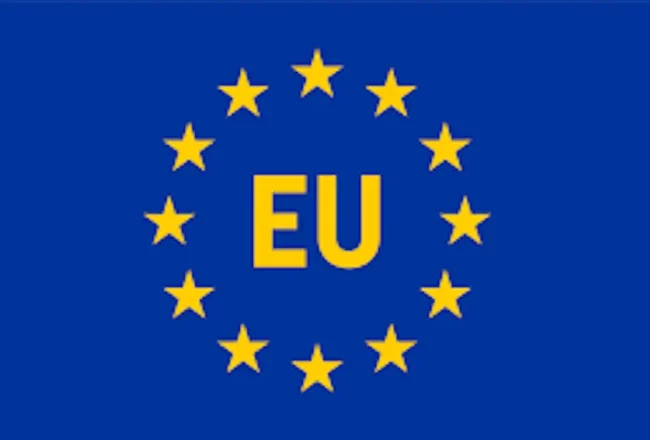THE International Press Center (IPC), with support from the European Union (EU), has trained 40 journalists from South-West states on use of fact-checking tools to combat information disorder in democratic governance.
The journalists, who were drawn from media organisations in Ogun, Oyo, Ondo, Ekiti, Osun and Lagos, were exposed to journalistic best practices and the importance of deploying Freedom of Information (FOI) Act to obtain information.
In her opening remarks, the IPC Programme Manager, Melody Akinjiyan, said the event, with the theme “Credible Elections & Democratic Governance,” aimed to equip journalists with the necessary tools, skills, and knowledge to explore the complexities of the digital age responsibly and ethically, and ensuring transparency of the electoral system.
She said: “We are confronted with the daunting challenge of combating misinformation, disinformation, and propaganda. This training therefore serves as a beacon of hope, illuminating the path towards a more informed, vigilant, and resilient media landscape.”
According to her, the two-day capacity building is funded by the European Union and implemented by IPC as a lead partner, “and the Centre for Media and Society (CEMESO) under Component 4: Support to Media of the European Union Support to Democratic Governance in Nigeria (EU-SDGNII) project.”
While speaking, the Executive Director of the IPC, Mr. Lanre Arogundade, stated that the need to hold leaders accountable on their campaign promises necessitated the training.
“This training is to ensure that journalists report elections and electoral processes factually, and accurately and to ensure that we fact-check the necessary information. After elections, we need to hold our leaders accountable so we need to look at their campaign promises and assess their state of implementation, not just from the view of the government but the view of the people by verifying claims and facts.
“We believe that by doing that we can help our people solve some of their problems, which is called solution-driven journalism. Our duty as a journalist is to ensure we keep leaders accountable for their promises,” he said.




